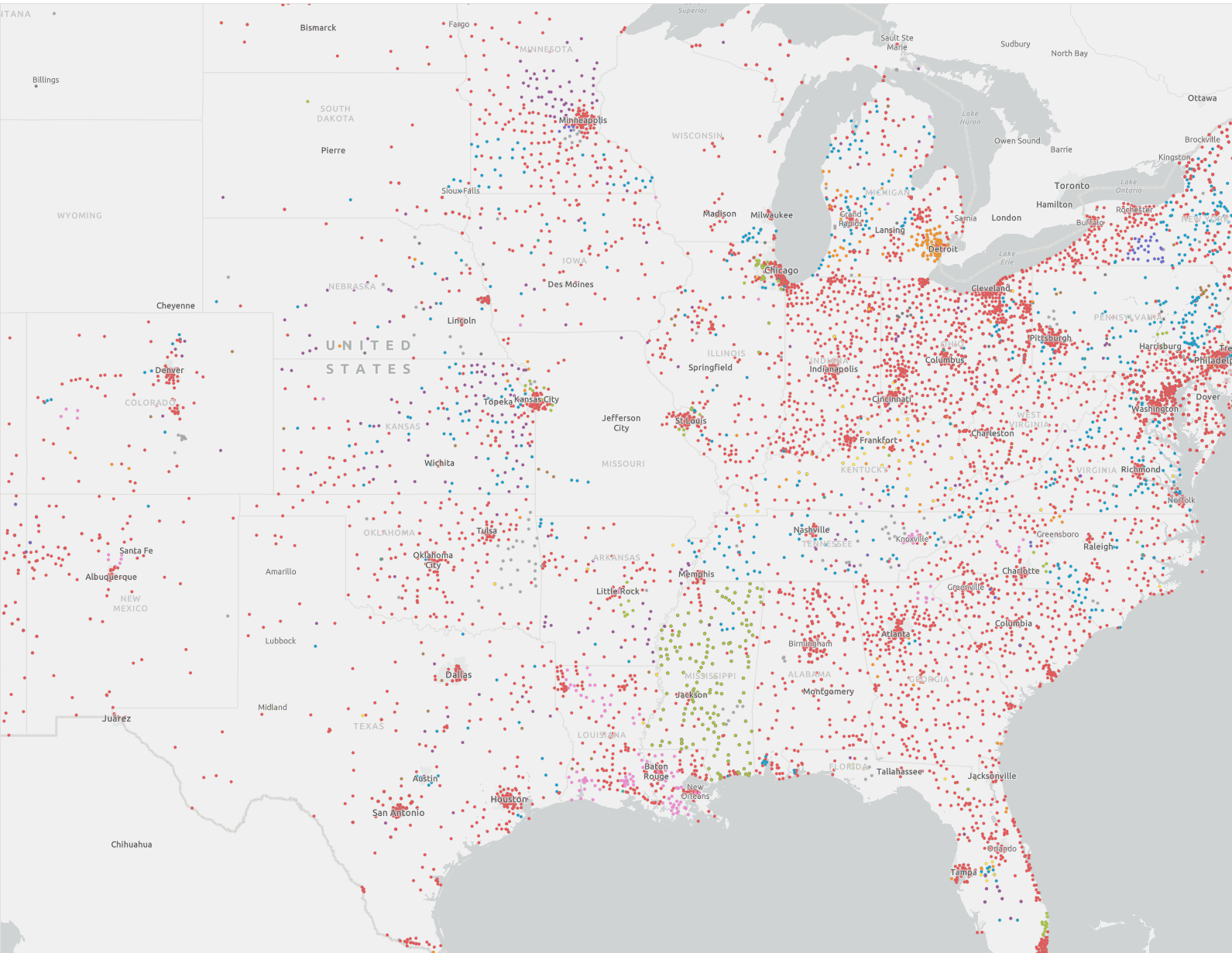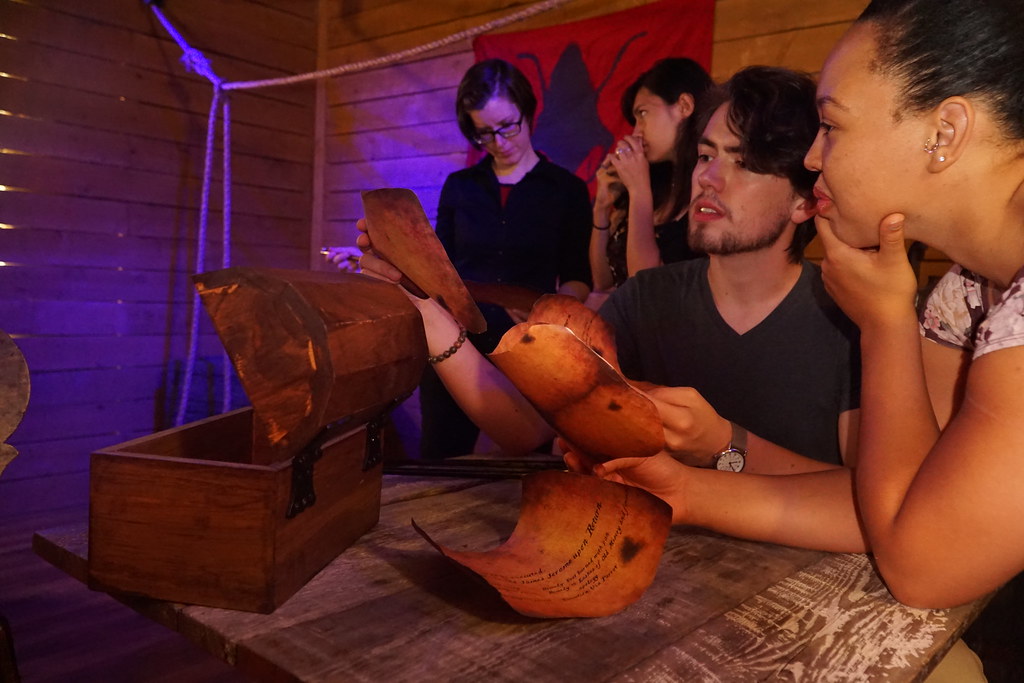Filter Projects by Topic / Status
How do you identify and address technology accessibility and education gaps for refugee women in Seattle?
How can mobile applications expand global literacy? How can we use computational analysis to understand mobile reading patterns in the Global South?
What data should libraries be collecting to best reflect their role & impact in the 21st century? How can we come up with a national plan for US public libraries to collect, store, use, & communicate data?
How does access to information contribute to achieving the sustainable development goals (SDGs)? What roles do libraries play in the United Nations' 2030 Development Agenda?
How can web literacy trainings be used in libraries to meet the evolving needs of the communities they serve? How can these trainings be adapted and scaled to better help library staff, libraries, and the communities they serve?
Strengthening the library field by gathering and organizing existing data and research about public libraries to provide a central, living collection on a platform that is easy, accessible, usable, and sustainable to help inform researchers and practitioners, as well as policy makers and funders.
Mobile information literacy is vital for those who have leapfrogged from traditional media to digital devices that provide instant access to information. What are the relevant skills, concepts, and attitudes for people using mobile devices, not PCs, to access the internet?
What influences the success of regional libraries intended to spearhead national improvements in reading, learning, and information access?
What are the features of effective innovation spaces? What policies and practices support their establishment and growth?
What is the role of library-like institutions in providing public access to information and technologies? How do they compare to libraries?
What is the impact of public libraries in the European Union on library users' lives? How are libraries in the EU perceived and used?
Perceptions of Libraries as Development Partners involves 70 stakeholder interviews in 13 countries to assess the opportunities and challenges in efforts to better leverage and integrate public libraries into development initiatives.
The Global Impact Study examined how public access to ICTs — through venues like libraries, telecenters, and cybercafés — changes people’s lives in the areas of communication and leisure, culture and language, education, employment and income, governance, and health.
The Framework for Digitally Inclusive Communities convened diverse local actors to advance guidelines to help libraries and other organizations improve access to computers, the Internet, and other vital digital resources.
TASCHA’s study of the 2010 Chilean earthquake examines the role of libraries and telecenters as providers of social and information resources that helped survivors access aid, communicate with friends and family, and mitigate stress.
Immigrant Women & e-Skills in Europe examines effects of non-profit computer training programs on the employability and social inclusion of immigrant women in Hungary, Italy, Netherlands, Romania, and Spain.
The Public Access Landscape Study examined public ICT access and use in libraries, telecenters, and cybercafés in 25 countries. Local teams conducted primary research; TASCHA researchers analyzed the data for common themes.





